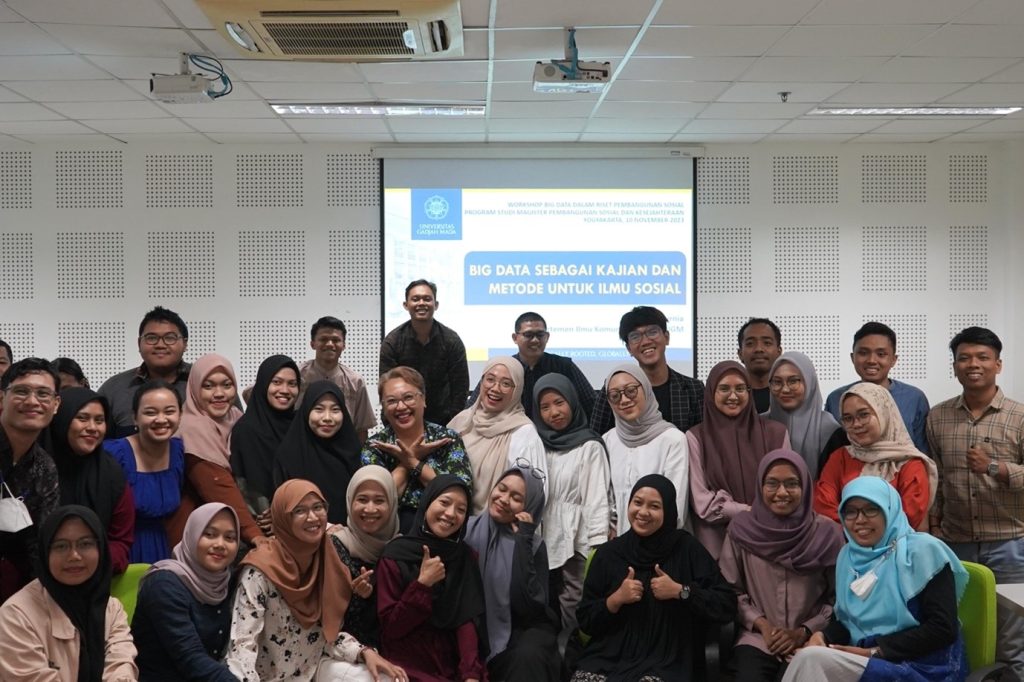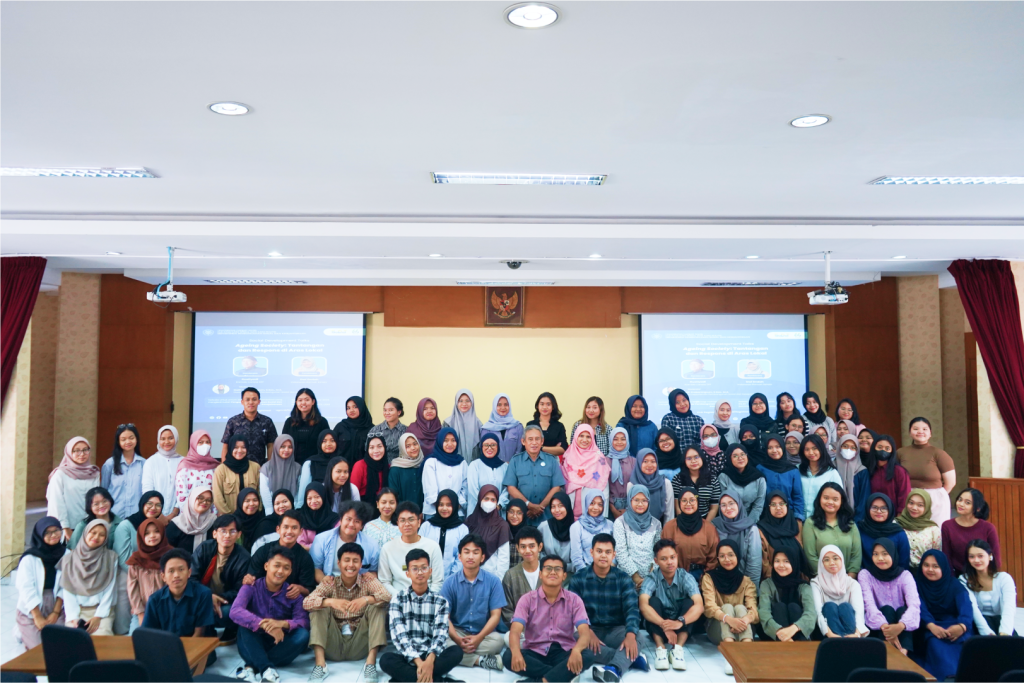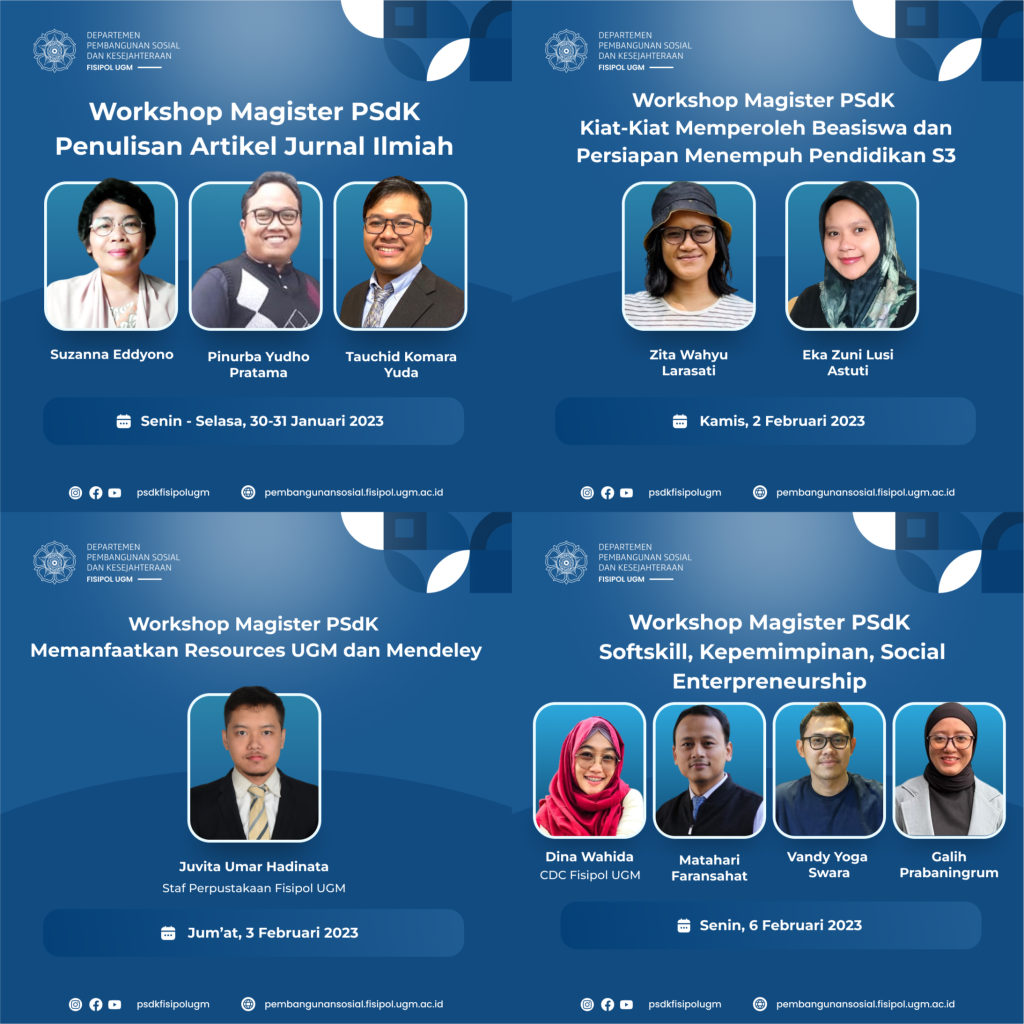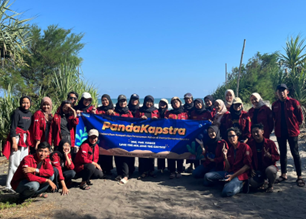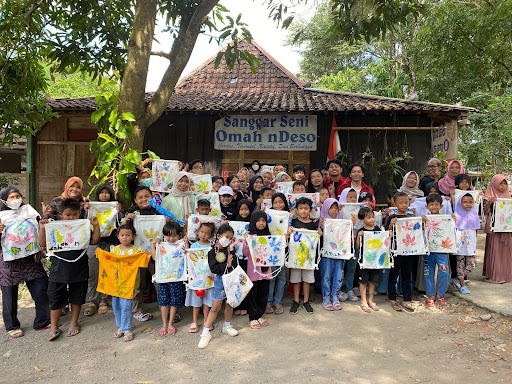Zita Wahyu Larasati, Pinurba Parama Pratiyudha, Galih Prabaningrum, Devy Dhian Cahyati, dan Krisdyatmiko
Journal of Urban Culture Research Vol. 24
Page 194-207 | Published online: 2022
Abstract
The contestation of urban space is a dialectical process in defining space by stakeholders in urban areas. We will explain the efforts of city citizens to form a collective space by promoting a making culture. With the spirit of Do It Yourself and Do It With Others, the collective space produces shared knowledge and democratizes data to increase the capacity of urban citizens. This study is grounded on empirical research in Yogyakarta through in-depth interviews, focus group discussions, and participant observation. We discuss the formation of collective space in urban informality to encourage urban communities. This study finds that the collective space has collaborated with some local communities to promote the making culture and encourage individual creativity by contributing ideas and exploring new knowledge.
Introduction
This article engages in a discussion about the collective space in making culture and making space. This research uses an exploratory case study approach to identify how urbanism collective action, called Lifepatch, uses available tools to optimize their imagination, including discourses that appeared (Atchan et al., 2016). We conducted interviews in a structured manner to get more information, accompanied by focus group discussion and participation in Lifepatch’s activities. The primary data is supplemented by secondary data collected through various related literature as a basis of the framework analysis. 196 | Zita Wahyu Larasati et al. Volume 24, 2022 – Journal of Urban Culture Research The unpacking of existing concepts is already seen in a digital space phenomenon called Do It Yourself / DIY or Do It with Others/ DIWO. This paper aims to provide an empirically grounded understanding of making space and making culture by DIY and DIWO urbanism collective named Lifepatch. Some citizens of Yogyakarta city initiated this urbanism space. In their DIY and DIWO projects, Lifepatch initiated collaboration with other citizens and some scholars. Through the movements, the citizens could practice digital meetings to produce discourses or distribute knowledge needed with others. The digital space is transnational, as the practiced collective works are not limited by certain identities but rather similarity of ideas. Their projects were interesting to explore not only since Yogyakarta citizens developed this initiative, but also since it can enrich the discussion of global DIY and DIWO urbanism which is dominated by collectives from the global north (Finn, 2014).
Larasati dkk. 2022. “Learning from The Collective Space in Making Culture and Making Space: A Case Study from Yogyakarta City, Indonesia”. dalam Journal of Urban Culture Research 24(June), 194-207.
Artikel selengkapnya dapat diakses melalui tautan berikut.


